It seems like everyone is on the job hunt these days, so we asked the BuzzFeed Community to share the answers that helped them absolutely nail job interviews. Here are their responses:
1. "When the interviewer asks me if I have any questions, I always ask, 'What's the biggest pain point in the company/office/on your team, and what could I do to address it if I started tomorrow?' No one has a canned answer ready for that one; it shows willingness to 'hit the ground running,' allows the interviewer to voice some concerns they have, and can help me figure out if the 'problem' isn't something I'm compatible working with."
2. "Whenever you're asked, 'What is your management (or whatever) style?' always answer with: 'Flexible, depending on the person and the situation.' Then, give a concrete example. It lets them know you are able to read situations and respond in the best way possible, and you aren't locked in to one way of responding."

3. "If asked to describe yourself in X amount of words, just use the descriptive words from your Hogwarts House. For example: If I’m a Ravenclaw, I’m smart, intuitive, and curious, etc."
4. "Not a specific question/answer, but whenever there is a 'negative' question, make sure to include something positive in the answer.
"Example:
'What is one thing that you struggle with in the workplace?'
'Sometimes, I take on too much responsibility, which ends up being frustrating for me and my coworkers. As a solution, I focus on time-management and make sure to engage the rest of my team, when needed.'"
5. "I've always asked at the end of the interview, 'If you chose not to hire me, what would be the reason?' I asked this at the interview for my current career (seven years), and they were blown away by the question! I tell everyone to use it."
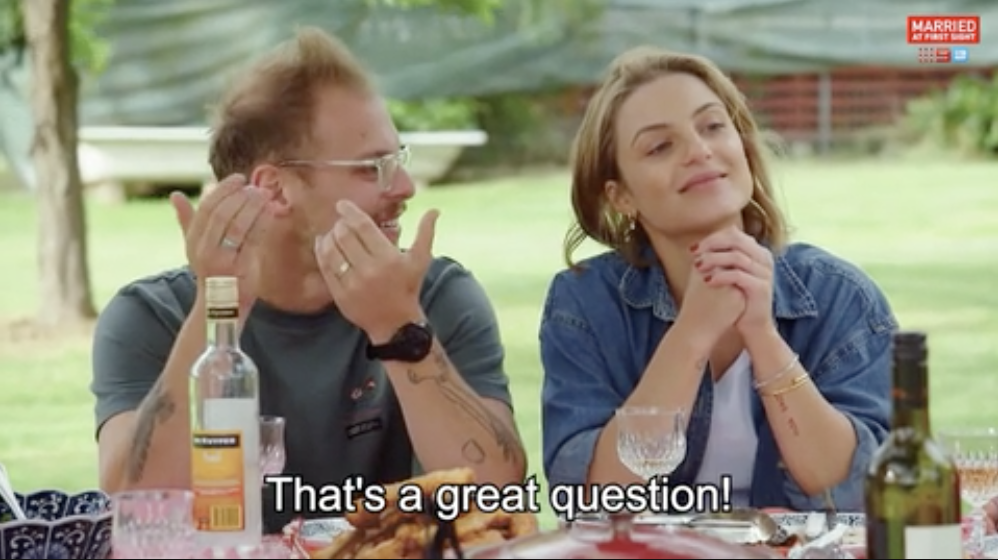
6. "My brother told me that at his last interview, he was just dead honest with the manager who interviewed him. He said, 'I just need a job. I show up on time every day, I do my job, and I do it well.' The manager liked that he was real about it and hired him on the spot. That worked for retail, but obviously, might not go over as well for more corporate-type jobs."
7. "When they ask if you have any questions, ask what current/past employees in this role find the most rewarding and challenging about the position. If there are red flags, you'll get them here. It's basically asking the interviewer what the job's strengths and weaknesses are but more effective."
—Anonymous
8. "If they ask for your weakness, don't say it's a weakness. Say, 'My development area is...' or 'I'm working on...'"
—Anonymous
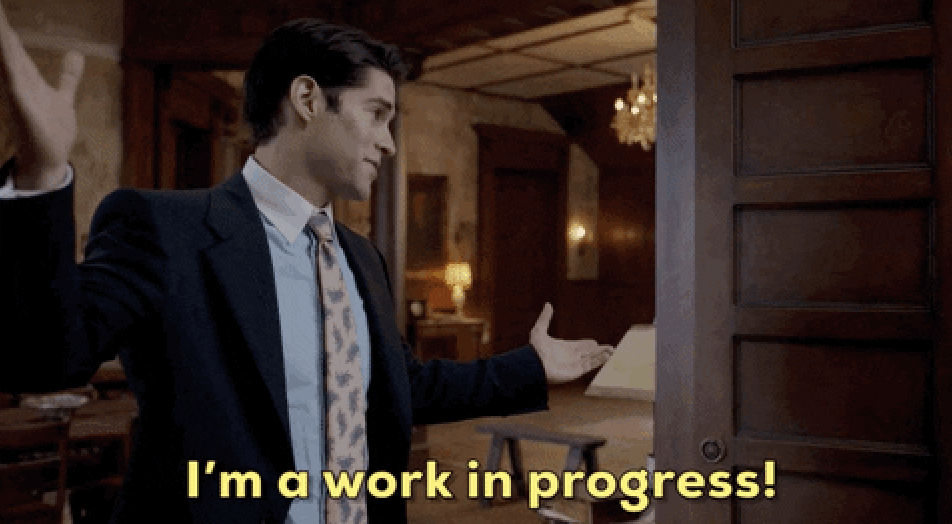
9. "When they ask if you have any questions: 'What are your 30/60/90 day goals for the role?'"
10. "The one 'easy' question that everyone almost always fails? 'Where do you see yourself in five years?' The answer is, 'Here at *company name.*' Even if it's not true. Out of the hundred or so interviews I've done, less than 10 answered correctly. We don't want to know if you plan to move to Oregon to study volcanoes; we want to know if it's worth investing our time in training you for the role."
—Anonymous

11. "Corporate trainer here. I've discovered the best answer to the 'what is your weakness' type question. I tell them I tend to 'over research' anything I'm working on, then I give an example, like, 'The last project I worked on was about Topic A, and I read six books and then got in touch with one of the authors to ask questions.' It's true; I do love to research, but it doesn't take me nearly as much time as they perceive it does. My work from home 'research' days are lovely."
—Anonymous
12. "When asked about your weakness or areas of development, don’t say nothing or hide behind 'being a perfectionist' or 'working too hard.' You are human! We all have areas we can do better. It’s okay to say where you can improve and show how you accomplish that. It’s about growth, and as a recruiter, I want to see that you are capable of change."
—Anonymous
13. "For salary expectations: 'It's hard to understand the full scope of the role at this point, so it would be helpful for me to know what your budget is.'"
—Anonymous
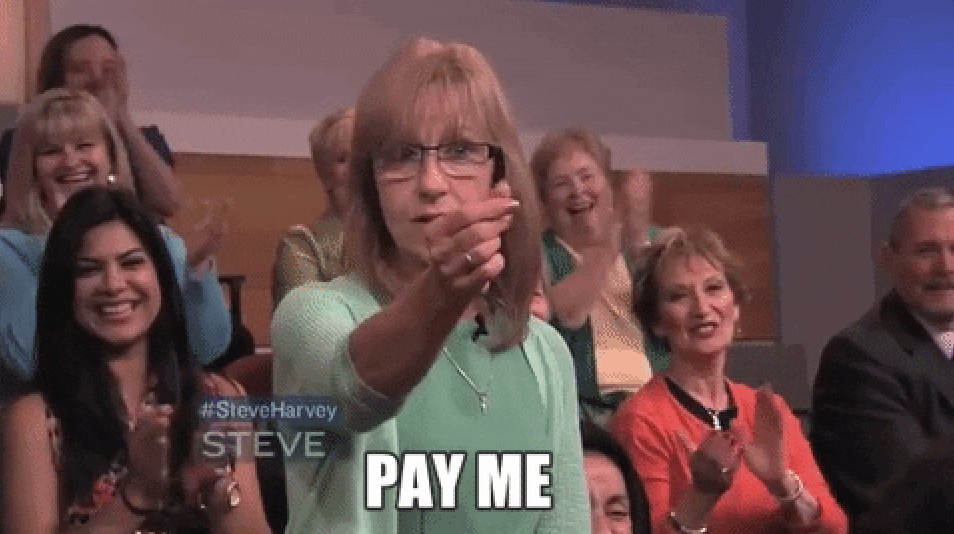
14. "Alternate salary answer: I make X at my current position, so I would be looking for a minimum of a 15-20% increase to make a change. (You can fudge what X is to make sure it's in-line/at the high end of the average for your position and industry)."
—Anonymous
15. "If you have a gap in your resume that you don't want to have to explain (maybe you were in a depression or needed a break), say you took time off to care for an ill family member. It's you. You're the ill family member. It's not a lie, but also not forcing you to say, 'I had a breakdown and needed to deal.'"
—Anonymous
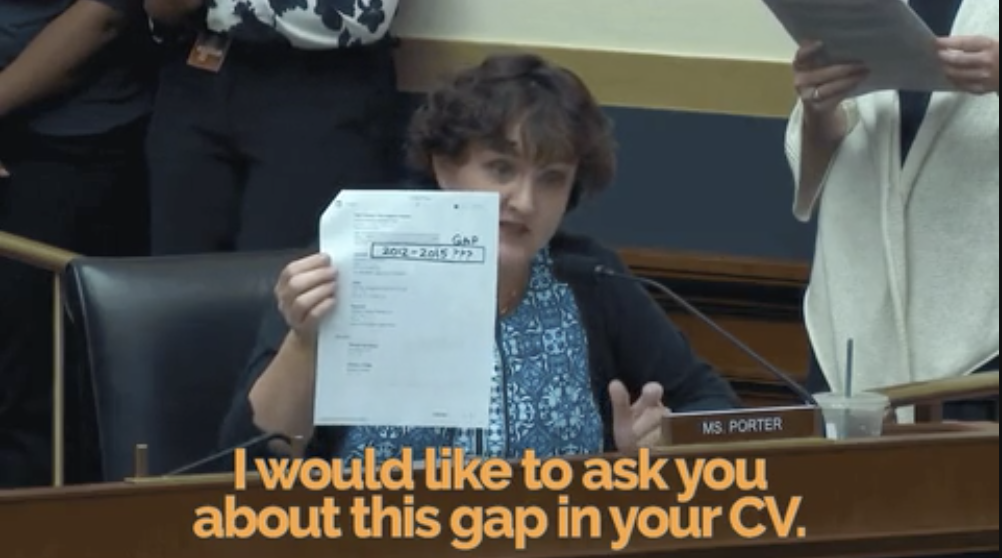
16. "Here's one of the questions at the end that the employer wants you to ask: 'What is the best part about working here?' It's a fun question (that they rarely get asked), and it gives me an idea of company morale, work environment, and if they have difficulty answering the question, maybe I don’t want to work there."
—Anonymous
17. "This tip was given to me by a friend, and is such a simple but ballsy move that I hesitated to use at first, but I can really vouch for it. Take a notebook and pen with you into the interview, and ask if it's okay that you take some notes (I usually do this after the interviewer says that they'll be jotting down notes, scores, etc.). You don't even have to write anything, but it highlights that you're equally working out whether this position is right for you, and aren't desperate, giving you a big air of confidence."
—Anonymous
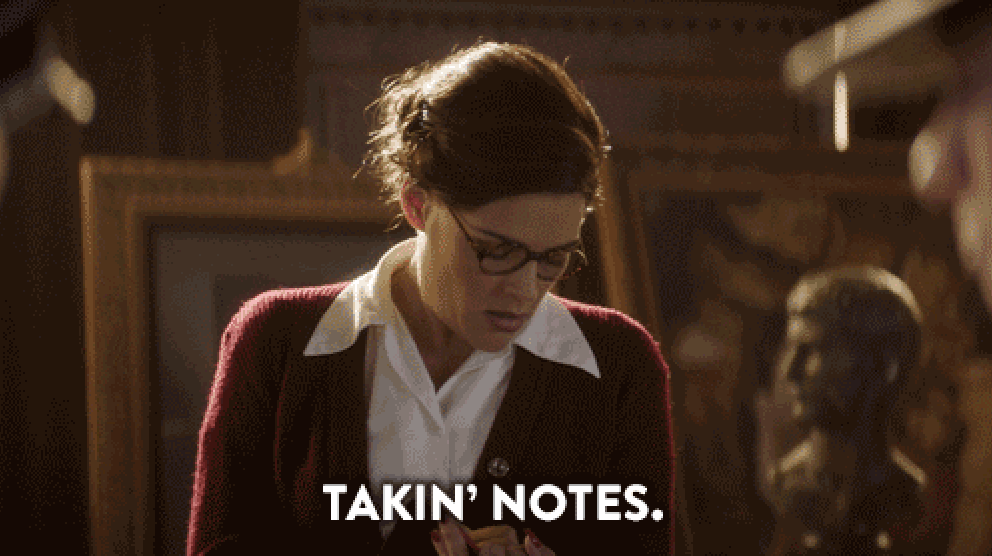
18. "Make sure you search the job title on Indeed, Glassdoor, etc., and get a good idea of the pay range. When asked about what your pay expectations are, say: 'I've done some research on average compensation for this role, and it looks like the range is ____ to _____. With my experience, I believe I should fall somewhere between the mid-max range.' It doesn't make you look 'greedy' (eye roll), but also shows you know what the work is worth and won't take their minimum."
—Anonymous
19. "At the end, when they ask, 'Do you have any questions for us?' My go to is always, 'How do you define success in this position?' It helps you know what the expectations are, and it also gives you another chance to show your confidence in the job. It's worked for me 3/3 times I’ve used it."
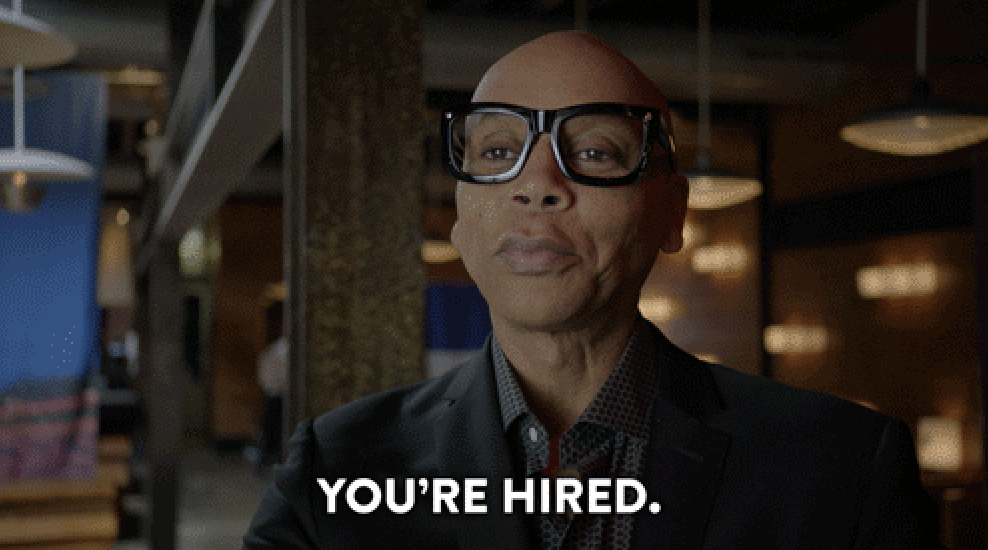
Do you have any clever answers that work for you in job interviews? Share them in the comments below!
Note: Submissions have been edited for length/clarity.
